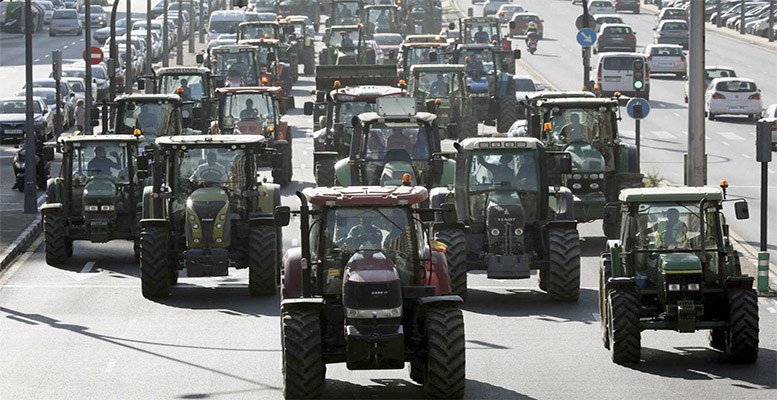The total number of people employed in the Spanish agricultural sector at the end of the first quarter was 748,200, compared to 827,700 in the first quarter of 2022. Nearly 80,000 fewer employed than a year ago. This is the largest annual fall in a first quarter since 2015, according to the Spanish National Statistics Institute’s Labour Force Survey (EPA).
You have to go back to the first quarter of 2020 to find an annual decline in employment in the agricultural sector, but at that time it was lower, at 54,900 people.
The rise in the Minimum Interprofessional Wage (SMI), inflation and drought have caused the perfect storm in the Spanish countryside. In the last year, agricultural employment has only grown in five regions (Cantabria, Castilla y León, Galicia, Madrid and Navarra) while unemployment has increased in five (Castilla-La Mancha, Basque Country, Valencia, Murcia and Galicia).
“The impact of the rise in the SMI means a loss of 53,100 workers in low-skilled jobs in one quarter”, denounces CEPYME (the small and medium-sized enterprises confederation). In fact, it highlights the loss of jobs in the agricultural sector, “one of the sectors that is most affected by the increases in supplies, SMI and contributions, the drought and the effect of workers on fixed discontinuous contracts”.
On 14 May, there will be a demonstration by agriculture, livestock, fishing and hunting collectives against the government’s “radical and erroneous regulations” against the countryside and the primary sector. They will demand the repeal of the “defective laws enacted out of ignorance” of the rural world.





